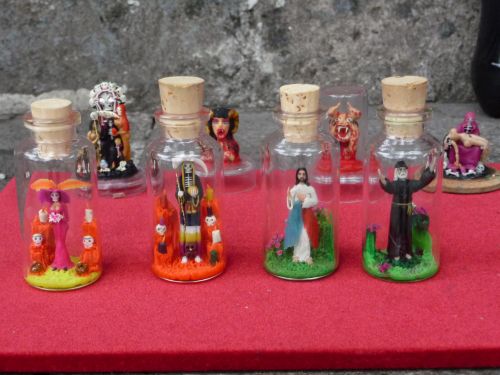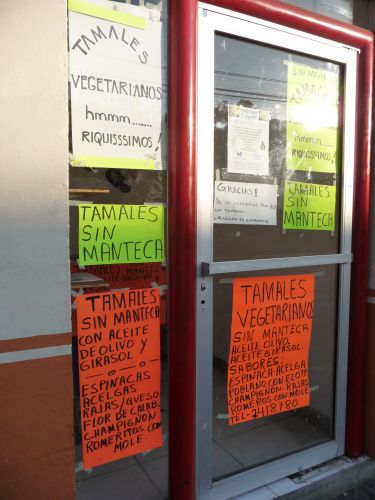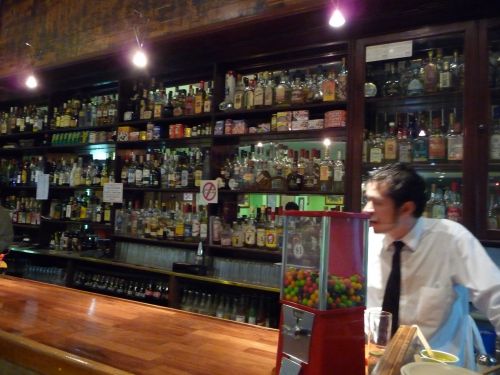When there was silver to be mined in Mexico, many from the U.K. came to do the job. Some of them stayed. Among their imports -- at least to the state of Hidalgo, less than an hour from Mexico City -- were Cornish pasties, known here as pastes. Stuffed and baked, these savory pies are a specialty in Hidalgo's capital, the city of Pachuca.
However, if you are in Mexico City and hanker for a taste, you need not get on a bus to Hidalgo. On Calle Chiapas in the Colonia Roma, a few steps from Calle Medellín, there's a cafe called Pastes Real del Monte. Its owners are actually from that mining town, which is just outside of Pachuca, and their product is as good as anything you will find in Hidalgo (and better than most of it).
The proprietor, a Mexican who calls himself Charles (you can find him on duty late in the afternoons), is one of those old-fashioned types who wears both a belt and suspenders. He speaks better English than most native speakers. When I asked him why, he told me that as a child in Real del Monte, some of his teachers were from England.




